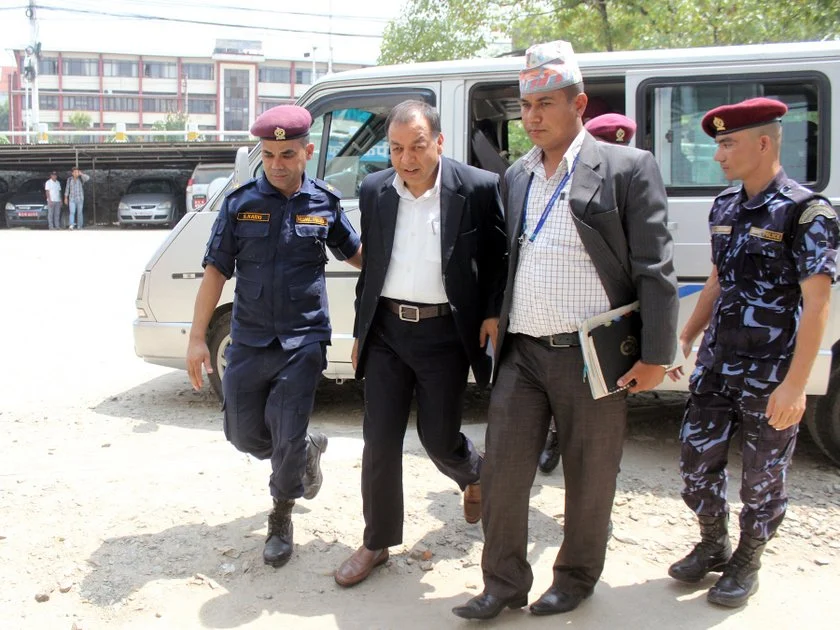Kathmandu: Many people lost their jobs in the world last year due to the Corona epidemic. Millions of Nepali workers returned home. At that time, the number of people going abroad for employment was also low. However, there was no reduction in remittances. However, NRB data has shown that remittances have been declining since the beginning of the current fiscal year. As the effects of the Corona epidemic recede from the world and the number of people seeking foreign employment increases, remittances are declining in a ‘unique way’.
What is the reason for declining remittances?
Prakash Kumar Shrestha, executive director of the NRB’s economic research department, estimates that remittances may have declined because Nepalis in foreign employment have invested in cryptocurrency and networking businesses.
“The steady decline in remittances this year compared to last year may be due to investment in cryptocurrency and networking,” said Shrestha. In the last fiscal year 077/078, remittance was 961 million. According to Nepal Rastra Bank, only 468.45 billion remittances have been received in the first six months of the current fiscal year. NRB has stated that less than Rs 2 billion monthly remittance has been received since July. The bank’s data shows that the average monthly remittance is Rs 78 billion. But last year, the average monthly remittance was Rs 80 billion.
In December, remittances increased slightly compared to the previous month. Compared to last year, remittances are still down by 5.5 percent. Shrestha, executive director of NRB’s economic research department, said, “As remittances continue to decline and affiliations with crypto and networking open up, NRB has begun to study in a subtle way.” Is
Lately, Nepalis living abroad seem to be buying crypto by joining Networking including Hyper Versus, Josial, Solemas. Experts estimate that remittances to Nepal have stopped due to this. Hundi trading is another reason for the decline in remittances. Economist Gyanendra Adhikari says that the fee for sending remittances should be reduced. “There should be an arrangement to send remittances from one’s own mobile for a small fee,” he said.
NRB officials admit that the amount of remittances through hundi has increased as covid has become easier in Nepal and destination countries. It has been found that workers send remittances through hundi as it is cumbersome and costly to send money from banks and remittance companies. Labor expert Ganesh Gurung says that even though some money has been spent on cryptocurrency and networking, remittances have not decreased. “Remittances increase when there is a lockdown. This is because hundi business is inconvenient at that time,” said Gurung.
Workers are charged an average of 4.5 percent for sending अमेरिकी 200 at a time from the destination country and 3 percent for sending डलर 500. However, since most workers are unskilled / semi-skilled, they send डलर 200 at a time and pay a 4.5 percent fee. Remittances contribute more than 25 percent to the GDP. At one point, remittances contributed 30 percent. However, declining remittances are expected to have an impact on GDP as well.
The number of people going abroad has increased
According to the Department of Foreign Employment, in the first six months of the current fiscal year, more than 253,000 people have gone for foreign employment through new, re-employment and legalization. According to the department, 66,625 people went for foreign employment in January, 74,354 in November, 54,918 in October, 39,671 in September, 36,040 in August and 13,800 in August.
In the last year 2077/78, 166,698 and in the fiscal year 2076/77, 368,433 people had gone for foreign employment. Prior to the Kovid epidemic, more than 500,000 people had gone for foreign employment in the fiscal year 2075/76.
Qatar, Saudi Arabia, United Arab Emirates (UAE), Bahrain, Kuwait, Oman and Malaysia are the major destinations for Nepali workers. The average monthly remittance from these countries is only Rs 22,000.






